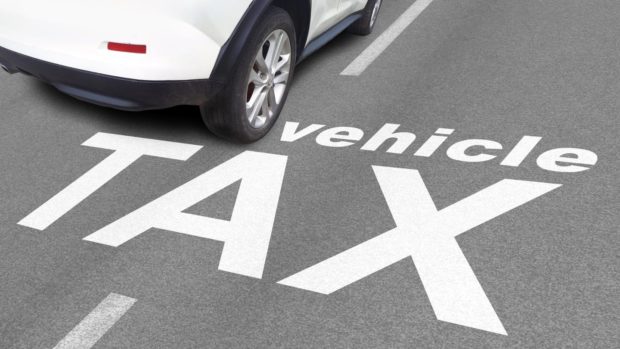A new report has found that low-income drivers are effectively being charged more than double (212%) per mile to subsidise more wealthy road users.
The research by for insurer By Miles shows that households with an annual income of under £18,125 drive fewer miles, make fewer trips and are priced out of buying more efficient, newer cars. Despite this, vehicle excise duty (road tax) is still charged at flat rates – which means lower income households end up effectively paying for wealthier households to use the roads.
This new analysis clearly demonstrates that low-income households are paying a ‘poverty premium’ to use their cars
Lower income drivers have significantly less impact on UK roads, covering 40% fewer miles and making 17% fewer trips than those in the higher income bracket. When comparing the two groups, this gave an effective car tax rate of 10p per mile for lower income drivers, whilst higher income drivers enjoyed an effective rate of only 3.2p per mile.
When it comes to buying newer, greener vehicles, just one in seven (15%) households in the lowest income group own a car less than three years old, compared to three in 10 (28%) highest-income households.
Fairer approach to road tax needed
Report author Dr Diego Perez Ruiz from Department of Social Statistics at The University of Manchester said: “This new analysis clearly demonstrates that low-income households are paying a ‘poverty premium’ to use their cars.
“Any future reforms to the Vehicle Excise Duty system should pay close attention to this and aim to alleviate the disproportionate burden placed on poorer families.”
By Miles CEO James Blackham said: “We urge the Government to adopt a fairer approach to lower mileage drivers, charging and taxing motorists for the miles they actually drive and rewarding those who drive less.”
Full report at Bymiles.co.uk
